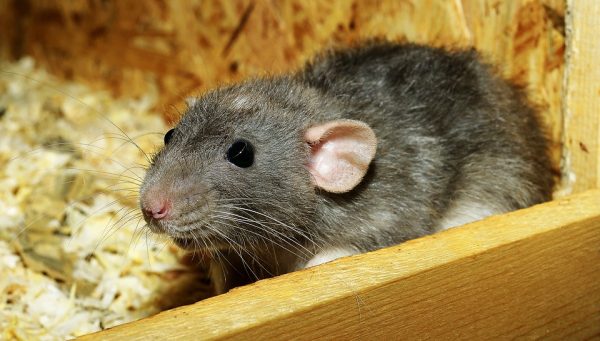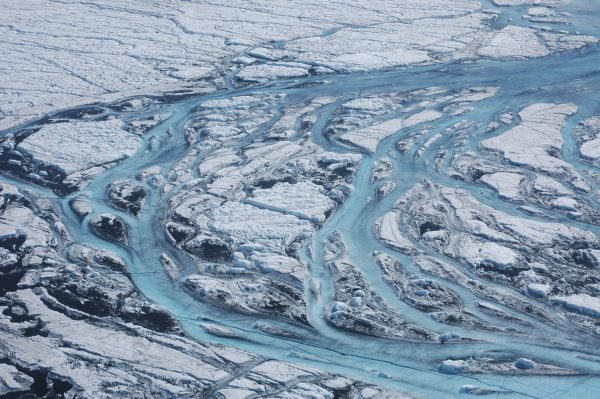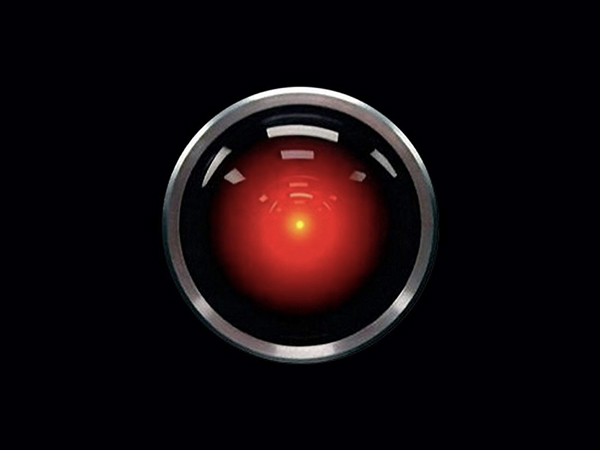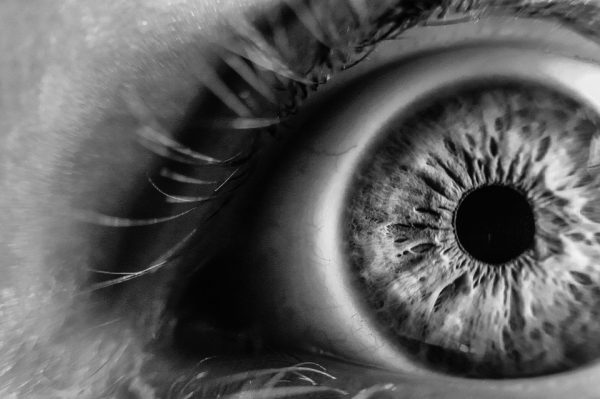Climate Change to Kill a Quarter Million a Year
In the coming decades, more than a quarter-million people may die each year as a result of climate change, according to a new review study. In 2014, the World Health Organization (WHO) estimated that climate change would lead to about 250,000 additional deaths each year between 2030 and 2050, from factors such as malnutrition, heat stress and malaria. But the new review, published Jan. 17 in The New England Journal of Medicine, said this is a “conservative estimate.” That’s because it fails to take into account other climate-related factors that could affect death rates — such as population displacement and … Read more












